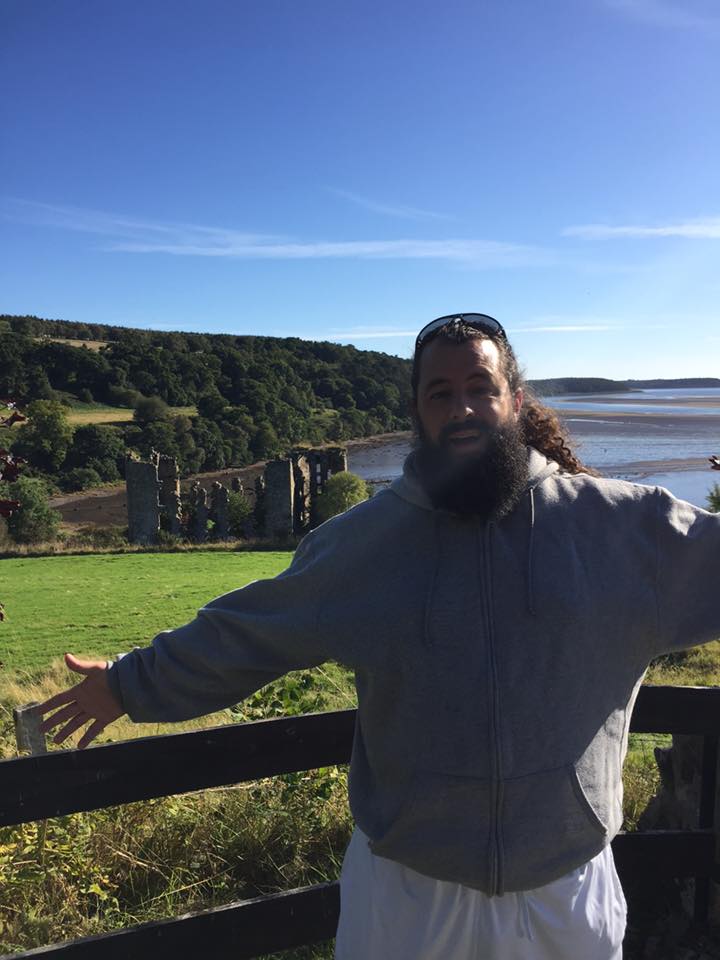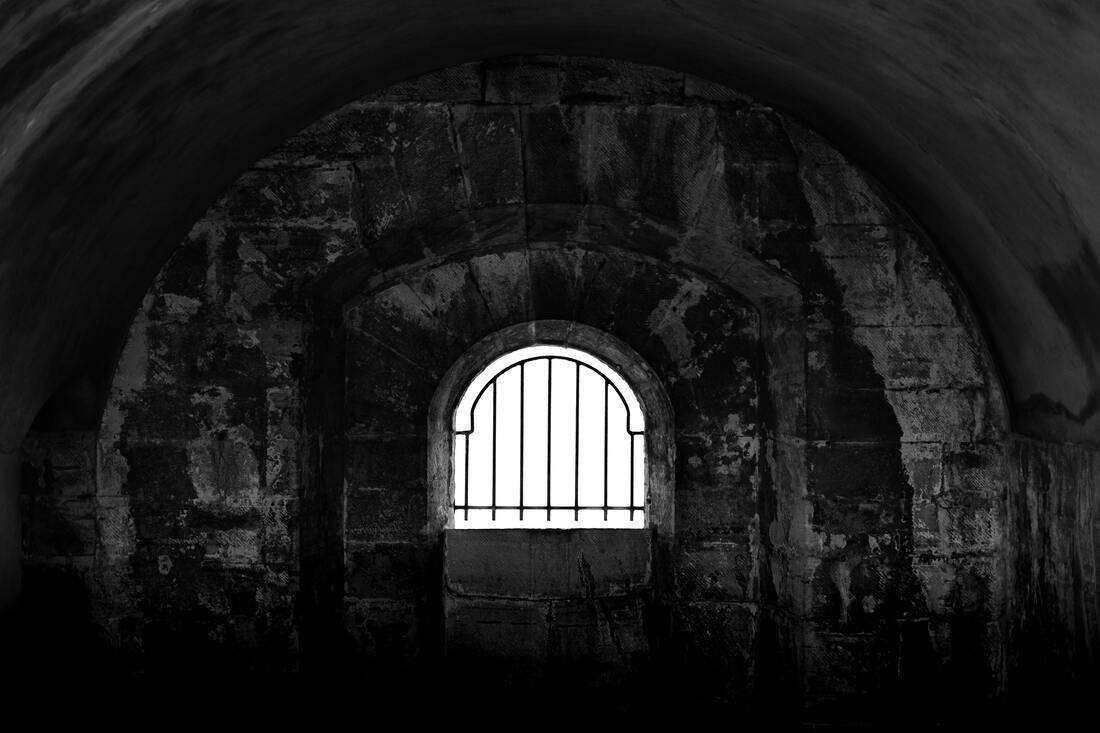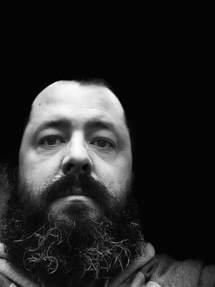|
I’ve only just nearly finished An Experiment in Criticism, by C.S. Lewis, which I purchased over two decades ago. It sometimes pays to invest that far into the future. Delightful in many ways, not the least with the wit and charm of his writing, Lewis has challenged me to become a better, more literary reader. One of the key concepts he describes is what he calls egoistic castle-building. In this sense, a particular reader takes in certain texts or art, not for the pure experience of art, but to use the piece for their own fantasies. I do not do this with books anymore, but I think we all struggle with the desire to live with certain illusions of our own exceptionalism. Lewis describes a division between ‘users’ of art, and ‘receivers.’ I hope I will always remain in the latter group. In one of Lewis’s last chapters of the book, there are a few fine quotes that I will place here for consideration, as I think they are just wonderfully perceptive and hopeful. “…I can never see anything exactly from the point of view even of those of whom I know and love best.” Isn’t this true, and yet we continue, on a regular basis, to lump and define so many we hardly know. These categorizations often lead to disregarding or villainizing the classified “others.” This is damaging to us, and to society. The next sentence Lewis offers is more hopeful. “But I can make at least some progress toward it (understanding their point of view).” Parenthetical comment is mine This statement has in it a bit of hope, and humility. If we are committed, we can draw nearer to understanding and building connections with our neighbors, our friends, our families. Even then, we must recognize that we may only make “some progress.” This requires, even after all our effort, that we withhold judgment. We must always be merciful. Later in the same chapter, Lewis uses a metaphor to address whether or not one should make this effort at empathy and compassion, given its attainment can only ever be partial. “If I can’t get out of the dungeon, I shall at least look out through the bars. It is better than sinking back on the straw in the darkest corner.” I am an introvert. Many of us (introverts) are constantly wrestling with self-doubt and depression, longing to attain greater self-awareness and also intimacy with others. Yet, we have learned that our eccentric personalities sometimes make us difficult to befriend. So, we face the real temptation to sink back into “the darkest corner” and engage in “egoistic castle-building.” This is a lie that harms us by robbing us of others, and therefore, love. It also robs those we did not battle hard enough to love. I like to play video games, and indeed, this is where some of those silly castle-building exercises occur. However, some gaming writers are thinkers and artists, and occasionally their work can ring the alarm. One quest from a game called “Dragon Age” has the hero entering a castle that is undefended against certain villainous and overwhelming magical attacks. The powerful ruler of the castle is nowhere to be found. Eventually, your hero finds a magical portal, into which this ruler has gone and never returned. They have been lulled by a demon who has created an illusion of beauty and perfect peace. If this person is unable to break the spell, and exit the portal, come back and fight for the castle, it will fall, and they will be enslaved forever. Even if they do return, they will find the battle is already lopsided, and will have to struggle against the results of their own drawn-out period of illusion. Your hero's task is to convince them to fight. One of the most significant spiritual illnesses mentioned by the desert fathers and the monks of Athos is called “forgetfulness.” This is a state where we’ve allowed ourselves to forget the magnificence of God, and His great love for us, and so we sink into delusion, depravity, and ultimately despair. Forgetfulness is subtle, and yet it is a gateway to all kinds of destruction. I believe that part of our desire for castle-building (which can take all sorts of forms, including some which might be regarded as right and good) is about forgetfulness. When we've lost faith, we start to play god. Because we are vulnerable to forgetfulness, we must cultivate a remembrance of God. Sometimes, like in the metaphor shared by Lewis, we feel like we are living in a dungeon. Often we've put ourselves there, but at other times we feel we've been harmed by circumstances or people. I’m always amazed by stories of people sent to prison erroneously or unfairly, who, despite such brutal trauma, persevere in their faith. I have a feeling they were at the bars of the window, looking for sunrise. Here is a poem about forgetfulness from my recent book, Leviathan. “Dead Decades” first appeared in riverbabble, in their spring 2017 issue. I hope you enjoy. Press on. Dead Decades The other self - the one with power and hunger, lays daily offerings at the feet of his gods. He lies, calling them innocent names – distraction, pleasure, duty. But my strength is gone, talent stolen. When I question, he smiles and sings a lullaby. I sleep then, waking years later, ghastly and faint. In time the cycle of slumber widens, synapses become wintry, dead decades are buried under snow. There remains a far glimmer; I yearn for its warmth. Talons run through my hair, soothing. Drooling fangs are shadows in the blizzard. The other self fled, abandoning me alone to face the beast, falling night. I must hammer, shriek, weep, flee! But I dare not sleep. The earth is moving round, and dawn will come.
0 Comments
Leave a Reply. |
"Examine all things; hold on to the good."
-Saint Paul the Apostle Archives
September 2022
Categories |


